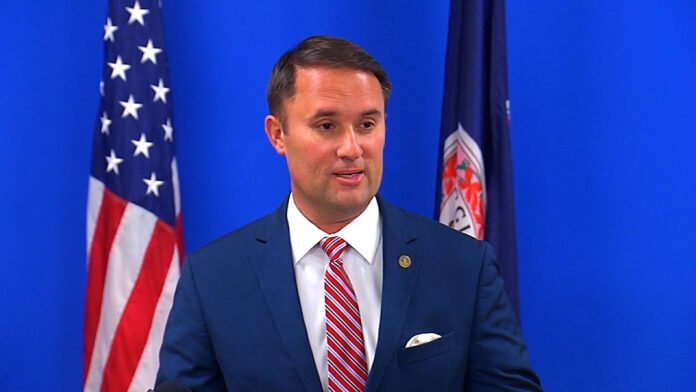Today, 42 state attorneys general took federal and state legal action against Meta, alleging that the company knowingly designed and deployed harmful features on Instagram and its other social media platforms that are purposefully addictive for children and teens. At the same time, Meta falsely assured the public that these features are safe and suitable for young users.
Virginia joined 32 Individual states as part of the federal complaint.
State law protects consumers from deceptive and misleading business practices. Attorney General Miyares believes:
- Meta profited from monetizing kids’ addition to its platform.
- Meta’s business model monetizes prolonged user and attention through data harvesting and targeted ads. They exploited the particular vulnerabilities of young users by designing purposely addictive platform features which took advantage of their limited ability to self-regulate effectively.
- Its algorithms purposely push users into descending “rabbit holes,” in an effort to maximize engagement.
- Meta made affirmative misrepresentations and deceived the American public.
- It has made public-facing, nationwide reports claiming that use of Meta’s platforms is, for the most part, safe.
- The company has a deep understanding of the fact that users of Meta’s applications, and particularly young users of the Instagram platform, suffer significant and extensive harms associated with addiction and compulsive use of the platforms, including anxiety, depression, loneliness, negative social comparison, body-image problems, eating disorders, body dysmorphia, physical self-harm, suicidal ideation, and, in the worst cases, suicide.
- Meta was also aware that children and teens were exposed to harmful content such as suicide and self-harm content, negative comparison, hate speech, and misinformation and to harmful interactions such as bullying and solicitation far more than Meta ever disclosed.
- Meta knew not only that its design features were addictive, but also that its design features purposely exploited known psychological vulnerabilities in young users’ developing brains to induce them to use Meta’s social media platforms habitually and for prolonged periods of time.
- Meta violated COPPA.
- Meta is well aware that children under the age of 13 are on their platform and collects data from these children without first obtaining (or even attempting to obtain) verifiable parental consent, as required by the statute.
- Millions of under 13 users are on Instagram each day. This results from purposeful targeting and demonstrates that Instagram is to some extent directed at children.
- Meta has launched a series of advertising campaigns that feature children.
- While Meta now has policies purporting to restrict under-age use of its platforms, these “age-gating” policies rely on young users accurately self-reporting their ages. Meta knows over 50% of users under 13 lie about their age at sign up. Their age gates are easy to overcome and Meta does not meaningfully enforce age restrictions despite external claims to the contrary.

